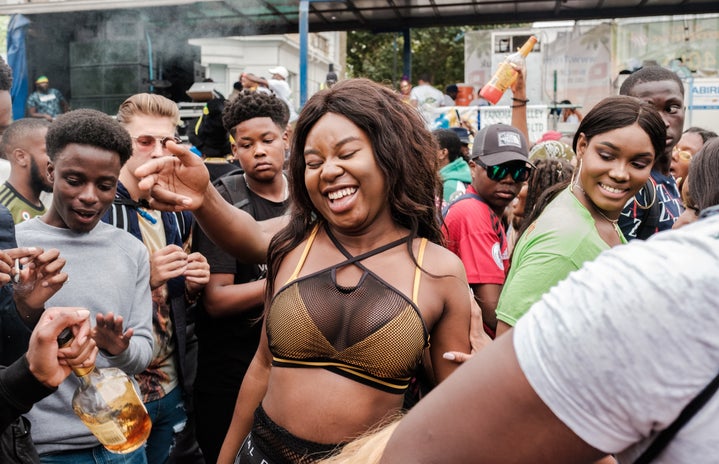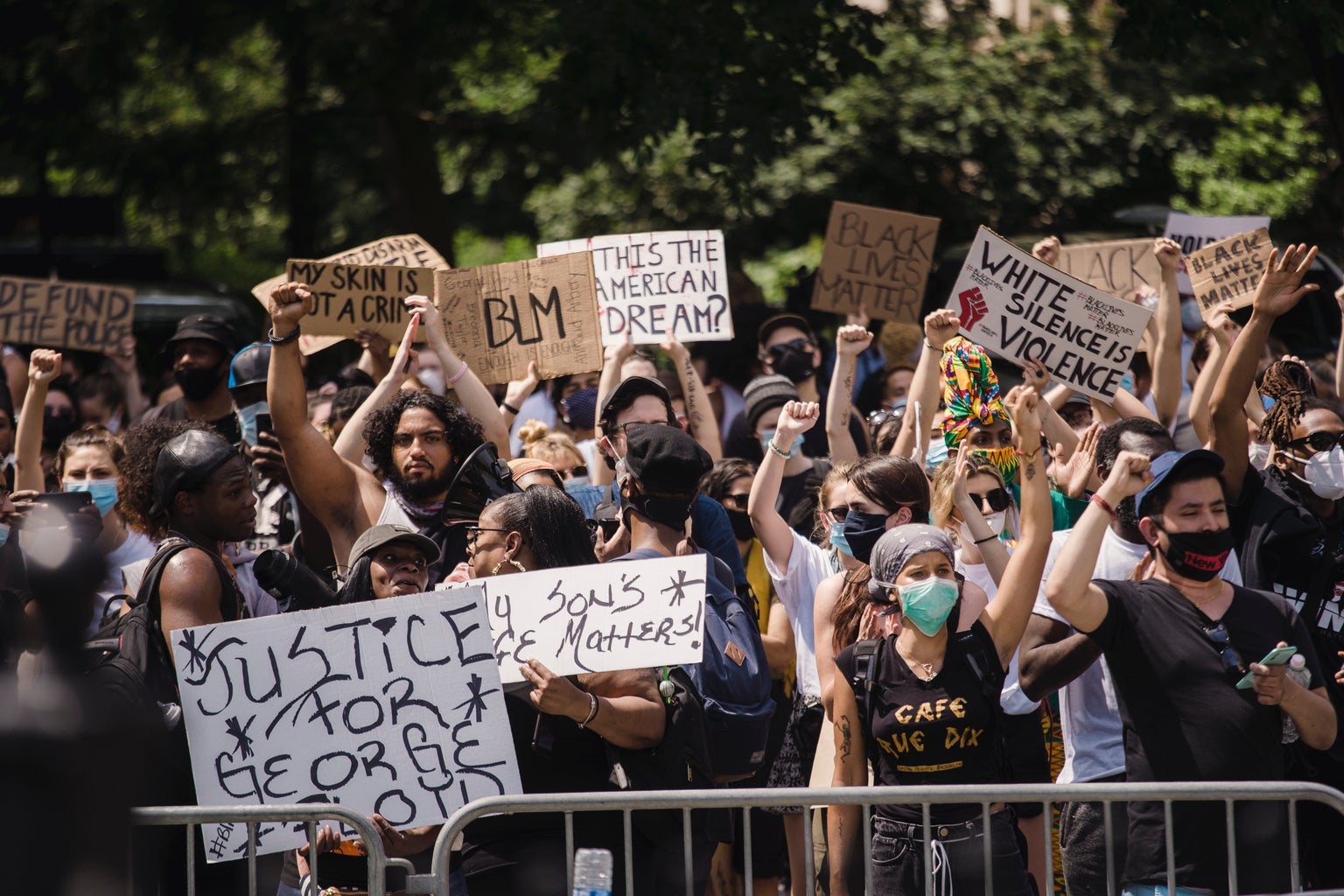Between a pandemic, government failures and a racial injustice, people have turn to spirituality for answers.
Spiritual practices such as astrology and tarot have become more prominent amongst young people because of social media and trendy apps. Now more than ever, it is easier to go down the spiritual rabbit hole because of the wealth of information that is readily available at any time.
With spirituality rising in popularity from social media, many started to associate spiritual practices with therapeutic guidance.
During times of turmoil, people typically turn to their faith and find ways to deal with the stress. As most churches went from in-person to online services, many people revisit their faith and figure out what is best for them and their belief system.
Living in Little Havana most of her life, Catholicism was all Malic Santiago knew.
“I felt forced into that religion,” Santiago said. “Growing up, I went through depression and during the pandemic, I really lost myself and who I was. Christianity did not speak to me anymore, so slowly I started my spiritual journey.”
Santiago started her journey last year with a rose quartz. From there, Santiago went to crystal shops, collected chakras and spiritual guidebooks, and got more in touch with her Orishas through candles and statues.
“I look at the world with more purpose now,” said Santiago. “I realized I came into this Earth for a reason, and I can heal and help other.”
Many young people of color last year started decolonizing their minds and returning back to their ancestors roots. Emily Cruz, who was raised in Little Havana, was always exposed spiritual practices like Santería through her herbalist grandmother.
Santería, also now as Regla de Ocha, is an Afro-Caribbean “religion” that is based on Yoruba beliefs and traditions with Catholic elements integrated. It is centered around Orishas and how everyone who practices have a personal link to a particular Orisha that influences them.
“I was raised deeply involved with the church,” said Cruz. “I believe the core of Catholicism is so beautiful, but sadly it is very corrupted.”
“It is meant to unify us, but there is a lot of judgment,” said Santiago.
After leaving the church, Cruz went to her grandmother to explore her roots. She felt very connected to Santa Maria Dominadora, who is meant to represent domination and taking charge of your life.
While doing research, she realized many of the orichas in Santería are in Catholicism, but due to racism and white supremacy, they take different appearances and names.
“They don’t want to worship a person that looks like Marta,” said Cruz. “While Catholicism is very against things like this, some of their core beliefs are based into things that go into Santeria, Paganism and Witchcraft.”
Similar to Santeria, African and Black Diasporic spirituality centers around Orishas and are reliant on collectivism, strong communities and healthy interdependence.
After centuries of struggle and resistance for the Black Diaspora, many practitioners felt liberated and more connected to their ancestors when leaving their organized religion to start their spiritual journey.
After the murder of George Floyd, Dana Paul turn towards African spirituality, specifically Ifá. Ifá is a Yoruba religion and a system of divination, it is mostly practiced in West Africa and plays a critical ole in the traditions of Santería.
“European colonists and slave masters attempted to destroy my people way of life,” said Paul. “So, to leave that religion and find something else felt liberating.”
Racism created a stigma against African spirituality, Catholicism and Christianity tend to view these practices as demon worship. Places like New Orleans and Haiti are often stereotyped to be where demon resides, and people justify their natural disasters as deserved punishment.
“It’s crazy that connecting with your personal power, ancestors and identity is viewed as evil,” said Paul. “Yet Christianity and other religions is closely related to conquest, murder, sexism, homophobia, slavery and a numerous amount of other forms of violence.”
Places like the African-American Research Library and Cultural Center in Fort Lauderdale have helped give Black people the opportunity to do further research and see artifacts of African spirituality in person. Emily Codor, an employee at the cultural center, encourages young Black people to learn through the eyes of their ancestors.
During times of isolation and uncertainty, spirituality have helped people feel more connected to their surroundings and community.




